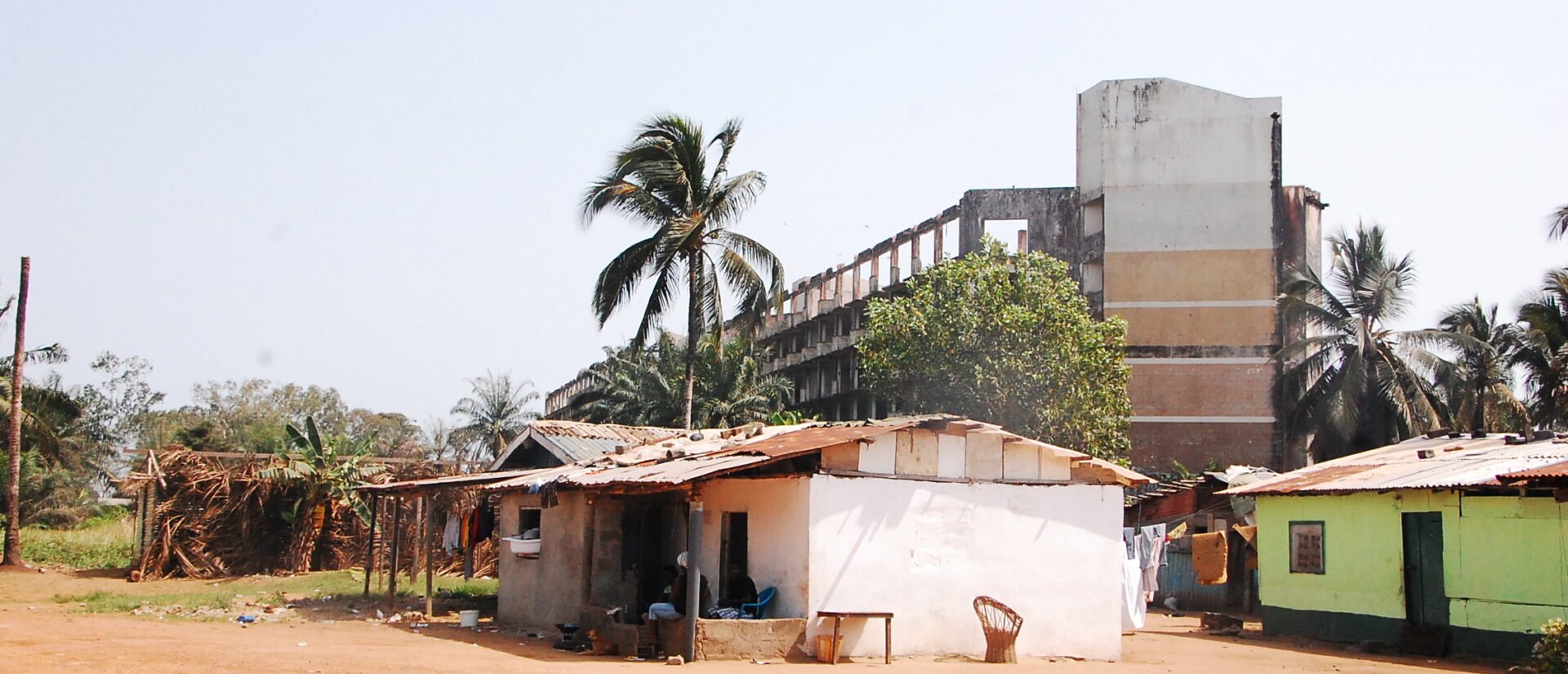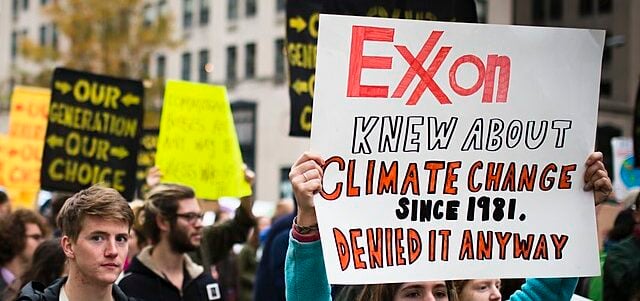
Liberia ‘back in business’
Liberia is ‘back in business’. The Ebola outbreak left the country’s economy badly dented. But since the country was declared Ebola free on 9 May 2015, the government has been actively promoting private sector investment again. The first trade missions to the country are being organised by industrialised countries, such as the Netherlands which will visit the country in early July 2015. But are these foreign investments really desirable? The paper ‘Liberia: Back in business?’ by SOMO and Green Advocates shows that investments by the private sector run the risk not just of violating human rights, but could also spark conflicts between communities, companies and the Liberian government.
In 2003, a peace agreement brought an end to more than a decade of conflict in Liberia. In order to restore peace to the country, the Liberian government has developed a post-conflict reconstruction plan that focuses on attracting private sector investments. Foreign companies such as ArcelorMittal have been welcomed in with open arms to dig into the country’s vast treasure trove of natural resources, including iron ore, palm oil and gold. The hope is that these activities will eventually benefit all Liberians. However, business activity in the country has so far delivered only limited results in terms of development. In fact, businesses are actually causing a wide range of human rights issues as well as reigniting the risk of violence.
Land disputes
In a country where land disputes were a key driver of the civil war and where land continues to be a highly contested topic, land-intensive sectors like agriculture and mining risk creating renewed conflict. Alfred Brownell, Lead Campaigner of Green Advocates – a human rights NGO in Liberia – confirms this:
“If companies do not know in what context they operate, these sectors can easily reignite conflict. In recent years, we have increasingly seen conflicts erupting between companies and communities. In a country like Liberia, this is very dangerous indeed.”
Fragile peace
Peace in Liberia is fragile.
“The Dutch government, as one of the first countries to organise a trade mission to the Ebola-affected region, needs to ensure that its companies are in no way implicated in human rights violations affecting the Liberian people,” says Anne Schuit, researcher at the Centre for Research on Multinational Corporations (SOMO) in the Netherlands. “Companies operating in Liberia need to operate with caution and conduct heightened due diligence: they need to make sure they are not causing human rights violations and conflict, and they need to make sure their business partners are doing the same.”
The joint paper by SOMO and Green Advocates argues that it is not desirable to resume operations from the same starting point as before the Ebola outbreak began. Economic development could be an element in Liberia’s transformation to a peaceful and prosperous country. But foreign investments can only provide added value if investors stand up against inequality, promote employment, inclusiveness and sustainable growth, and avoid unfair competition for Liberian businesses.
“Liberia has the Ebola outbreak under control and might be back in business, but that is not the only challenge the country faces. Foreign investors should therefore tread carefully so that they don’t spark and reignite conflicts” states Anne Schuit.
Arcelor Mittal: steel and mining giant
This week, Green Advocates also publishes a report on the international steel and mining company ArcelorMittal which mines iron ore in Nimba county. “The mine and the railway with which the company transports the ore, and the port it uses for export – all of these have negative social and environmental impacts on communities living in those areas,” said Francis Colee, researcher at Green Advocates. This week, exactly one year ago, violent protests flared up in the mining areas of ArcelorMittal. According to the local population, the company did not respect the terms of their concession, failed to pay compensation for the crops they had lost and repair damaged homes.
Do you need more information?
-

Ilona Hartlief
Researcher
Related news
-
 ExxonMobil sues the Netherlands over gas field closurePosted in category:News
ExxonMobil sues the Netherlands over gas field closurePosted in category:News Bart-Jaap VerbeekPublished on:
Bart-Jaap VerbeekPublished on: -

-



